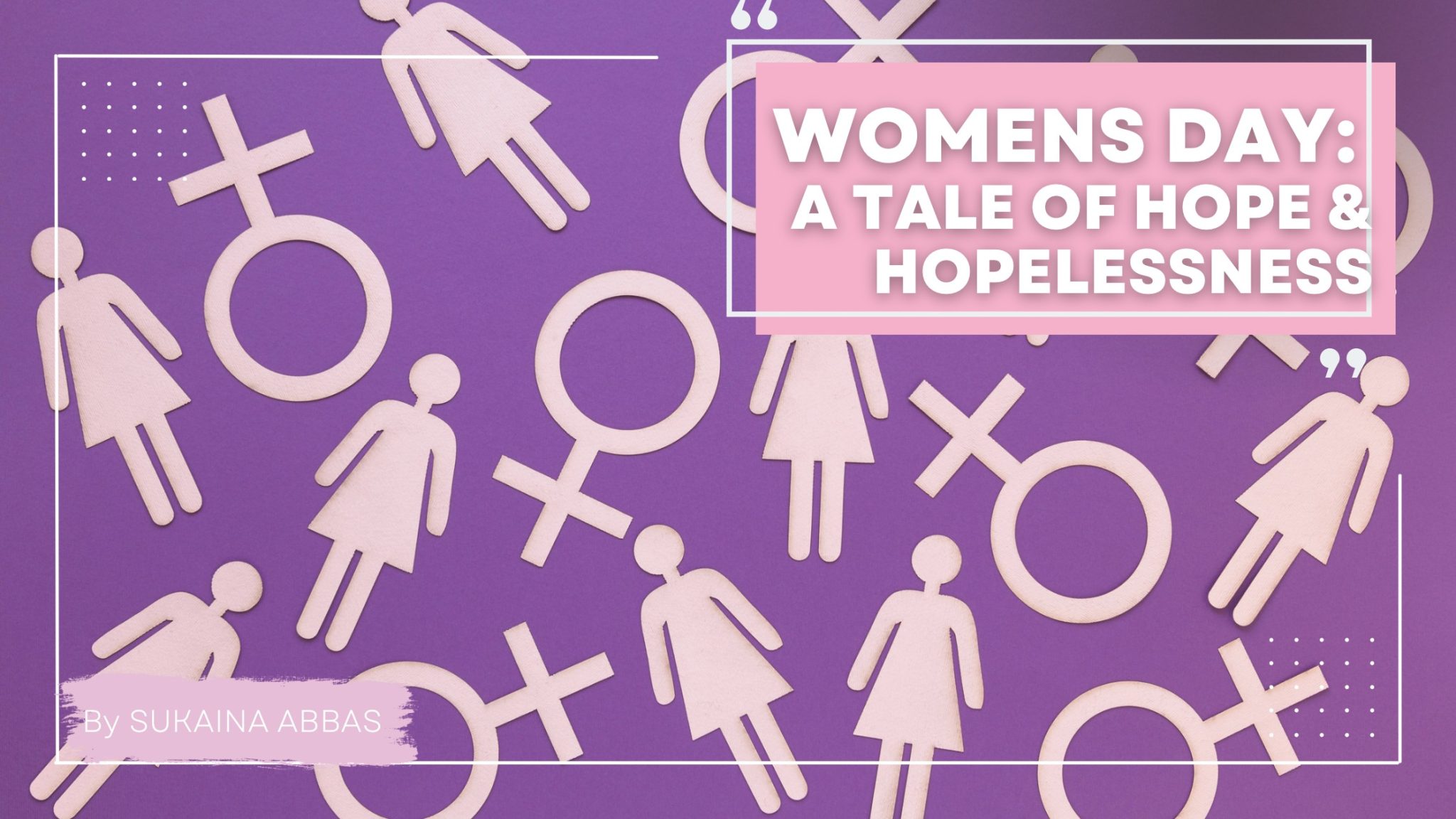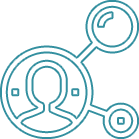As we wrap up the month of March, I look back to celebrating IWD20203 by attending events, panels, and webinars both physically and virtually, coming across posts on social media, and observing various women’s awards, and I felt a dire need to voice my thoughts. Never one for being labeled but always passionate about advocating causes I genuinely believe in, I am a little baffled by my observations. From slogans of each day is a woman’s day and why create hype around it to oppression and hate speech triggered by women marching for their rights- we saw it all. From being declared a western agenda designed to corrupt the moral compass of Pakistani women to being equated to a civil rights movement bringing change, the narrative is widely divided.
Let’s put a perspective on our current-day Pakistani women with some numbers from the HRCP ( Human Rights Commission of Pakistan ). An estimated 5000 women were killed from 2021-2022 by family members due to domestic violence. Over 470 cases of honor killings were reported in 2021, whereas the actual estimates exceed a thousand. Pakistan has one of the highest numbers of documented and estimated honor killings per capita globally. Pakistan also reports over 2000 deaths from dowry-related violence, among the highest in the world. In Punjab alone, 4000 women have been set ablaze between 2018-2022, also known as stove death, a fiery punishment meted out to housewives. Wait, there’s more. We haven’t talked about acid victims and rape. According to the Human Rights Commission of Pakistan (HRCP)’s recent report, in Pakistan, at least 11 rape cases are reported daily, with over 22,000 such incidents reported to police in the last six years (2015-21). Only 77 accused of the 22,000 cases were found to be convicted, and the conviction rate is around 0.3 percent, the report said. Can you believe that??
The HRCP said there are more than 400 acid attack victims annually, and the Smile Again Foundation said in a statement that “the crime is significantly under-reported
therefore official figures do not represent the reality on the ground.
I don’t have the stomach for violence, and just penning these numbers have me queasy. Let’s talk about things that aren’t violent.
The commonly advertised hashtag for Women’s Day this year was #embraceequity.
More than five million primary school-age children in Pakistan are not in school, and most of them are girls, according to Human Rights Watch. Early marriage remains a serious issue in Pakistan, with 21% of girls in the country marrying before the age of 18 and 3% marrying before 15.
According to the World Economic Forum, Pakistan is one of the worst countries in the world in terms of gender parity. Women hold fewer than 7% of managerial positions. Additionally, according to a UNDP report published last year, At the global level, women currently represent 38.8 percent of the global labor force and just 20 percent in Pakistan. Out of the only 13.5 million (20 percent) women taking part in Pakistan’s labor force, seven million women working in agriculture fall under the category of contributing family workers and remain unrecognized and unpaid. What’s the percentage of adult Pakistani women having a bank account? If Pakistan can match the global numbers for women’s participation in the labor force, the GDP could increase by 150%. The impact would be massive.
So, when we go out making noise about Women’s day and Women’s rights, it’s not about photo-ops, networking, and fluff. It’s about raising awareness, raising our voices, and standing in unity with all women who deserve more as equal citizens, as human beings. I believe that until we start conversations, have discussions, and celebrate our success stories, we will not get the ball rolling. We have a long battle to overcome inequality in opportunities for women from all walks of life, and we can only fuel this movement by ensuring women’s economic empowerment. We need to nurture women who will lead us tomorrow and change the narrative. Despite the lack of gender-sensitive policies and stereotypes defining a woman’s role in our society, we have to address these issues systematically and ensure gender-inclusive policies with a focus on facilitating women.
We need to promote an idea called “womenomics” which basically means that women are drivers of a nation’s economy and can significantly help in improving it. I think the single largest obstacle to Pakistan’s economic progress is the lack of awareness and education on this concept, which would eliminate both societal and structural barriers in our traditional society. Cultural expectations and norms have to be addressed to change the thinking.
To all women reading this, we need to do our part now. Today. Be it educating the house help on her basic rights, raising a generation that doesn’t differentiate between genders, fighting for equal opportunities at work, fighting for representation where our vote matters, spreading awareness for our health, literacy, and financial inclusion so that our survival and prosperity is not reduced to mere hashtags. Talk about it, post about it, and celebrate the success stories. And to our male allies: amplify our voice, fight for the injustices you see around you, and support us. We owe it to future generations.
We need it for a prosperous Pakistan.
Connect with the author at: https://www.linkedin.com/in/sukainaabbas


